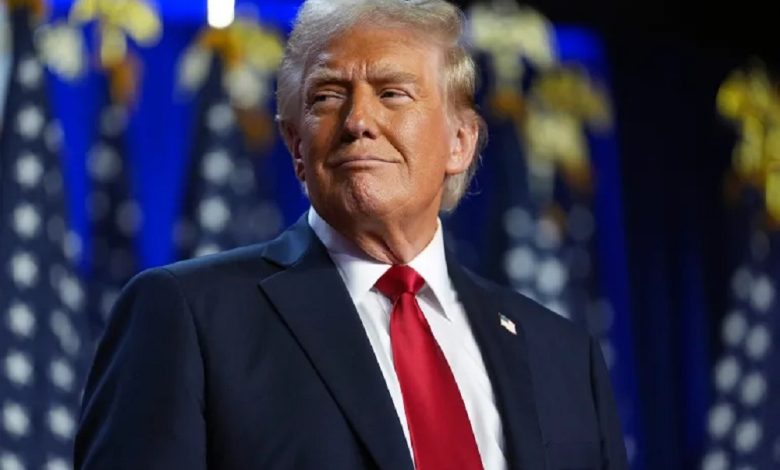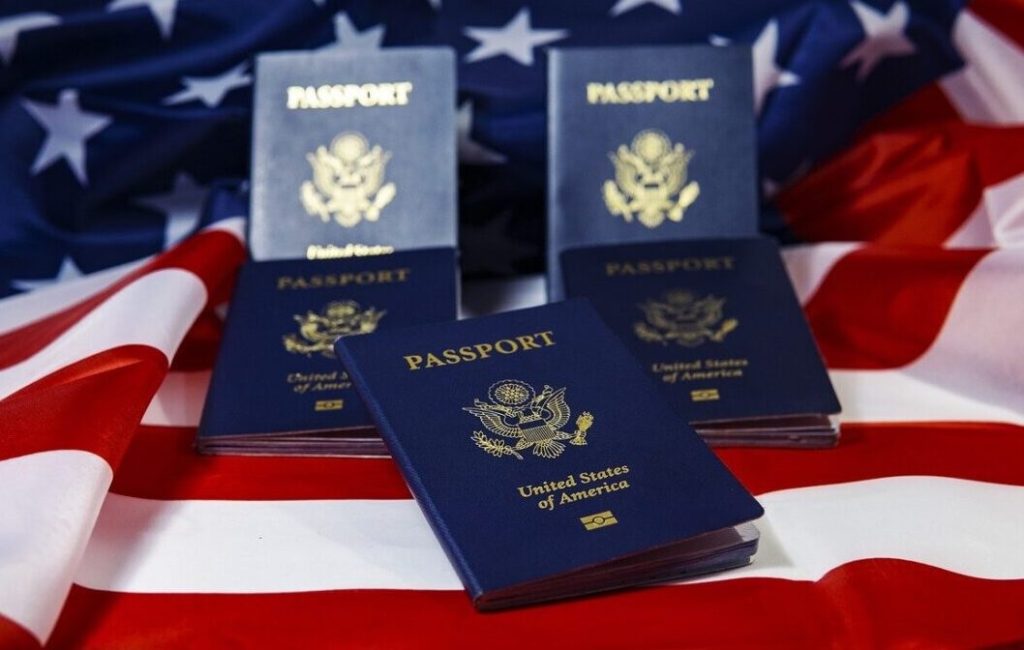Trump Administration Appeals to Supreme Court Over Birthright Citizenship Restrictions
Supreme Court may decide by summer whether Trump’s order limiting U.S. citizenship for children of undocumented and temporary residents is constitutional.

The Trump administration has asked the Supreme Court to uphold its order imposing restrictions on birthright citizenship, which states that children born to parents who are in the United States illegally or only temporarily are not U.S. citizens.
The appeal, filed by the Trump administration with the Supreme Court, could set in motion a process leading to a final ruling by early summer on whether Trump’s restrictions on birthright citizenship are constitutional. So far, lower court judges have blocked the implementation of these restrictions nationwide. The administration is not asking the Supreme Court to allow enforcement before it issues a ruling.
The Justice Department’s petition has been shared with attorneys representing the parties challenging the order, but it has not yet been docketed by the Supreme Court. Any decision on whether to take up the case is expected months from now, likely with arguments beginning in late winter or early spring.

Debate Over Trump’s Birthright Citizenship Order
Solicitor General D. John Sauer wrote: “Lower court decisions have struck down a critically important policy for the President and his administration, undermining the security of our borders.” He added: “These rulings wrongly grant the privilege of U.S. citizenship to hundreds of thousands of ineligible people without legal justification.”
Cody Wofsy, an attorney with the American Civil Liberties Union (ACLU) representing children who could be affected by Trump’s restrictions, countered that the administration’s plan is plainly unconstitutional. He stated: “This executive order is clearly unlawful, and no amount of maneuvering by the administration will change that. We will continue to ensure that no child is stripped of their citizenship under this harsh and baseless order.”
Trump signed the executive order on his first day of his second term in the White House, aiming to overturn more than 125 years of established understanding that the Fourteenth Amendment grants citizenship to anyone born on U.S. soil, with narrow exceptions for children of foreign diplomats and those born to an occupying foreign force.

Lower Courts Reject Trump’s Birthright Citizenship Order
A series of lower court rulings struck down the executive order as unconstitutional, even after a late June Supreme Court ruling that limited judges’ use of nationwide injunctions. While the Court restricted nationwide travel ban injunctions, it did not eliminate other types of nationwide court orders, including class actions and state-filed lawsuits. At that time, the Court did not rule on whether the core birthright citizenship order itself was constitutional.
Every lower court that reviewed the issue concluded that Trump’s order either violated or was likely to violate the Fourteenth Amendment, which was designed to ensure that Black Americans, including formerly enslaved people, would be granted citizenship.
The administration is now appealing two cases. In July, the U.S. Ninth Circuit Court of Appeals in San Francisco ruled that states challenging the order needed a nationwide injunction to prevent the chaos of birthright citizenship applying in some states but not others. Also in July, a federal judge in New Hampshire blocked the citizenship restrictions in a class-action case covering all children who would be affected.
Birthright citizenship automatically grants U.S. citizenship to anyone born in the United States, including children of mothers residing illegally in the country, under long-established rules. This right was enshrined shortly after the Civil War in the opening sentence of the Fourteenth Amendment. The Trump administration has argued that children of non-citizens are not “subject to the jurisdiction” of the United States and therefore not entitled to citizenship.



